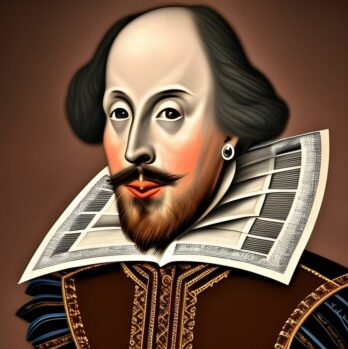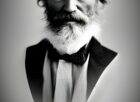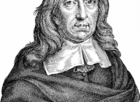Franz Kafka Books: A Deep Dive into the Works of a Literary Genius
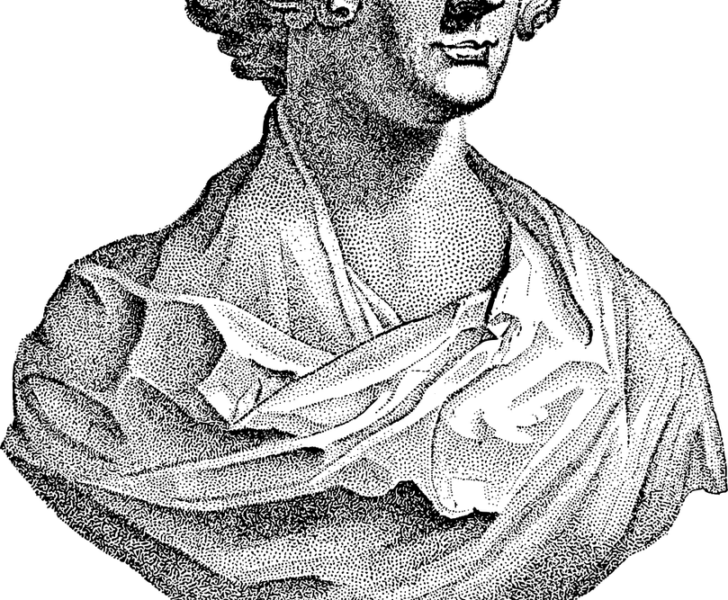
Introduction:
In the realm of literature, few names stand as tall as Franz Kafka. A Prague-born author of the early 20th century, Kafka’s enigmatic and thought-provoking works continue to captivate readers worldwide. This article delves into the world of Kafka’s books, providing valuable insights for individuals interested in exploring this unique literary landscape.
1. Franz Kafka Books: An Overview
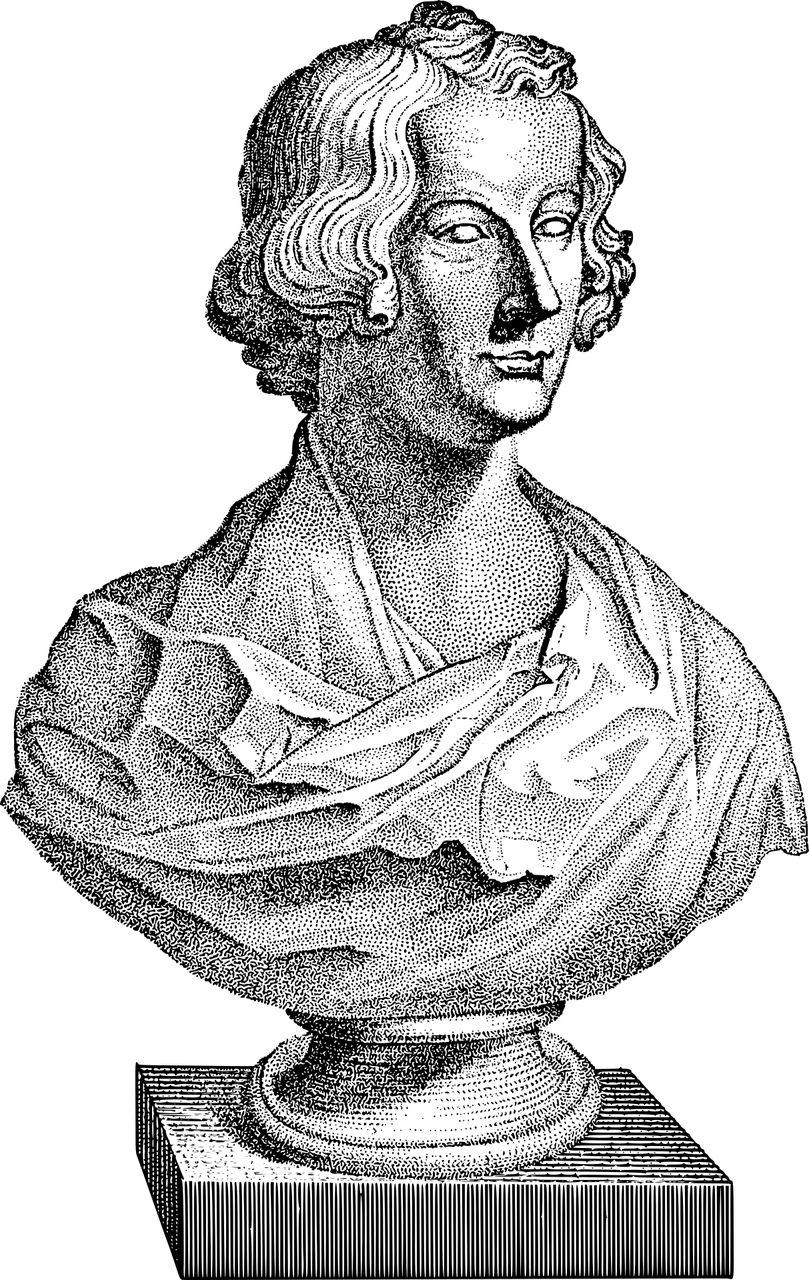
1.1 An Unconventional Writing Style
– Kafka’s literary style is characterized by its introspective and existential nature.
– Deeply symbolic and often surreal, his works delve into themes of alienation, bureaucracy, and the human condition.
– Kafka’s prose explores the complexities of the subconscious mind, inviting readers to contemplate the mysteries of existence.
1.2 Key Works by Franz Kafka
– “The Metamorphosis”: This novella portrays the bizarre transformation of Gregor Samsa into a giant insect, delving into themes of identity and societal isolation.
– “The Trial”: In this allegorical novel, the protagonist finds himself caught in a labyrinthine legal system, serving as a reflection on guilt, punishment, and the inscrutability of authority.
– “The Castle”: Kafka’s unfinished masterpiece, exploring the desperation and futility of seeking recognition and acceptance from an elusive and arbitrary authority figure.
1.3 Influence on Literature and Beyond
– Kafka’s unconventional writing style and profound exploration of the human psyche have influenced generations of authors, including Albert Camus and Gabriel García Márquez.
– His works have inspired countless adaptations in various art forms, including theater, film, and visual art, further cementing his cultural impact.
2. Historical Development of Franz Kafka Books
2.1 Kafka’s Early Years
– Kafka was born in Prague, then part of the Austro-Hungarian Empire, in 1883.
– Despite his literary ambitions, Kafka pursued a career in insurance to support himself financially.
– He began writing in his spare time, often late at night, producing works that would later gain recognition.
2.2 Posthumous Publication and Recognition
– After Kafka’s death in 1924, his close friend Max Brod ignored Kafka’s wish to destroy his unpublished works.
– Brod published many of Kafka’s manuscripts, leading to the subsequent recognition and adoration of Kafka’s literary genius.
– Kafka’s reputation continued to grow throughout the 20th century, with his works gaining critical acclaim worldwide.
2.3 Contemporary Reception and Ongoing Significance
– Kafka’s books continue to resonate with readers of all generations, captivating them with their existential ponderings and literary prowess.
– He is now hailed as one of the most important and influential authors of the 20th century, with his works studied in schools and universities globally.
3. Structuring the Text for Enhanced Visibility
To increase the likelihood of this article becoming a featured snippet on Google, it is important to structure the text strategically. Here is a suggested breakdown:
1. Franz Kafka Books: An Overview
– 1.1 An Unconventional Writing Style
– 1.2 Key Works by Franz Kafka
– 1.3 Influence on Literature and Beyond
2. Historical Development of Franz Kafka Books
– 2.1 Kafka’s Early Years
– 2.2 Posthumous Publication and Recognition
– 2.3 Contemporary Reception and Ongoing Significance
4.
: Insert a video related to Franz Kafka’s works, providing a visual enhancement to the article.
In conclusion, Franz Kafka’s books offer a glimpse into a world of existential introspection and societal critique. Through his unparalleled style and powerful storytelling, Kafka leaves an indelible mark on the literary landscape. Whether you are a seasoned reader or a newcomer to his works, exploring Kafka’s books promises a journey into the depths of the human condition.


